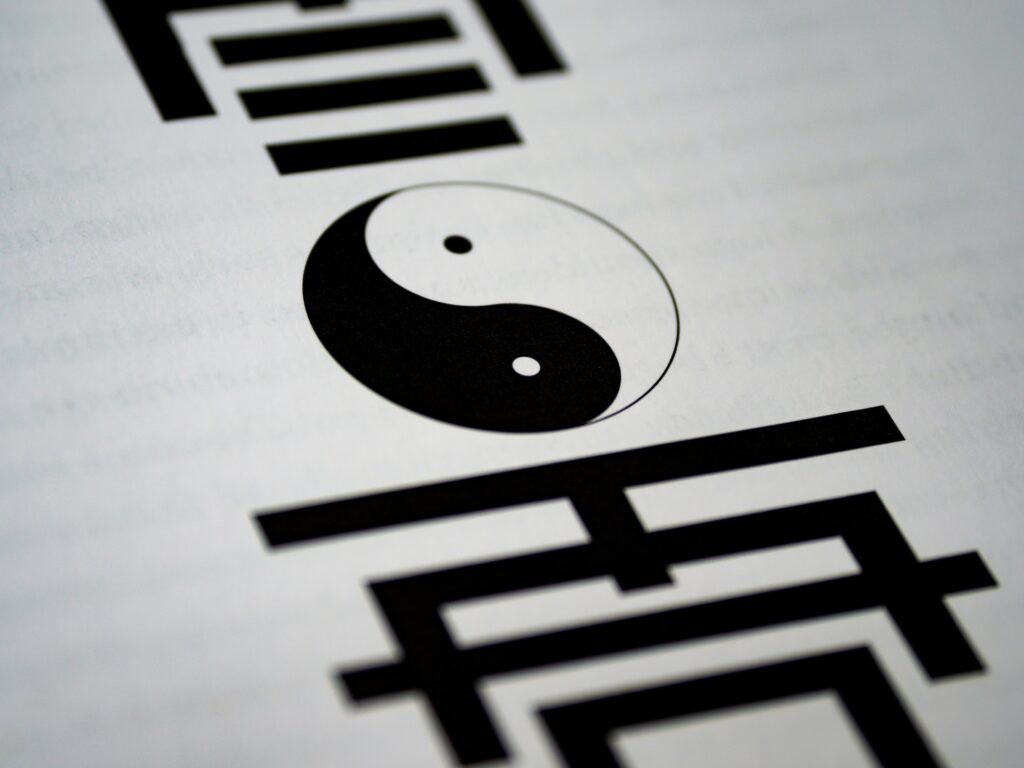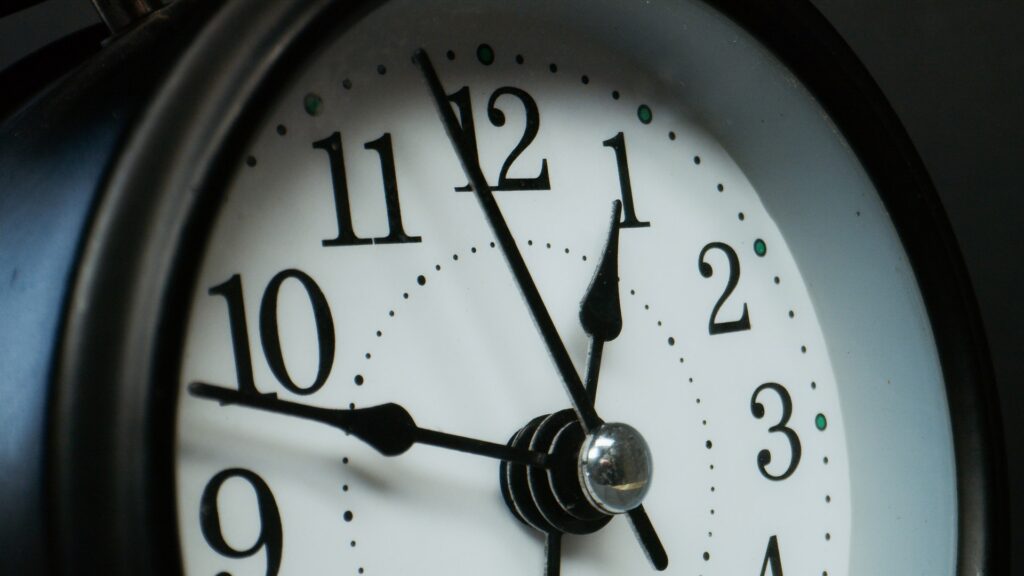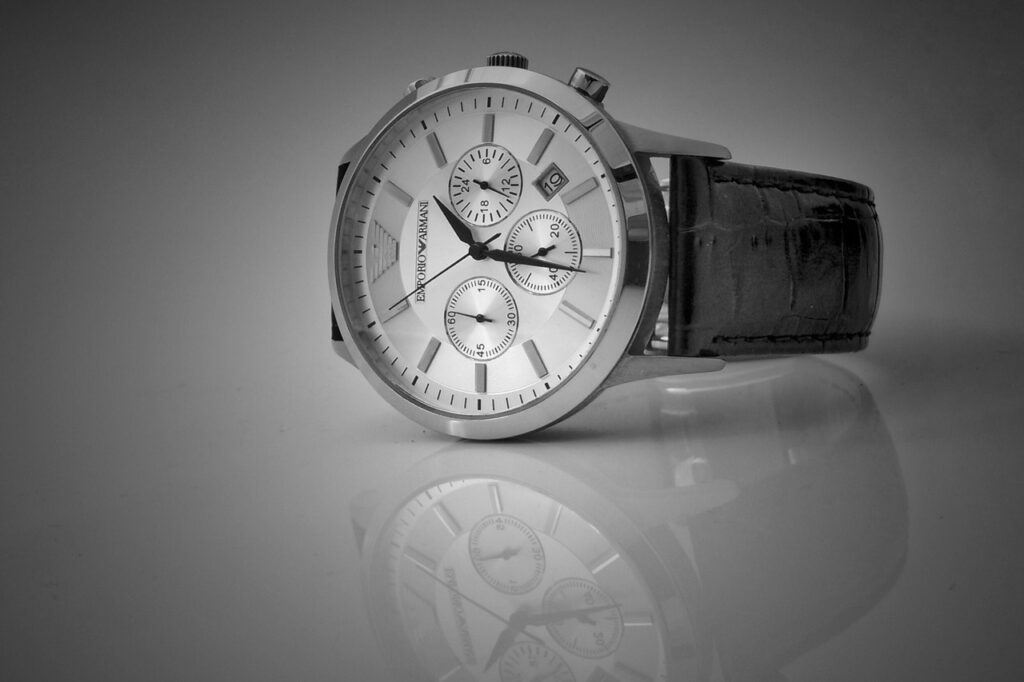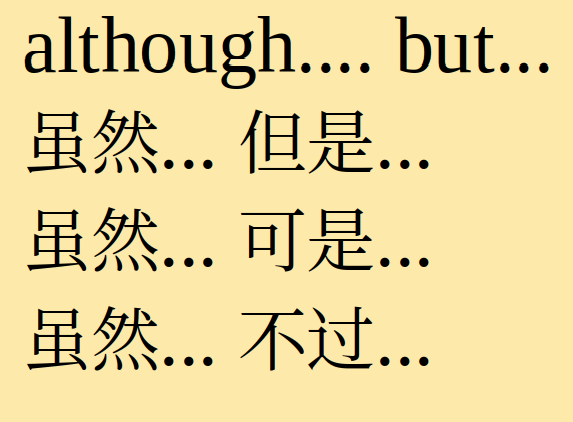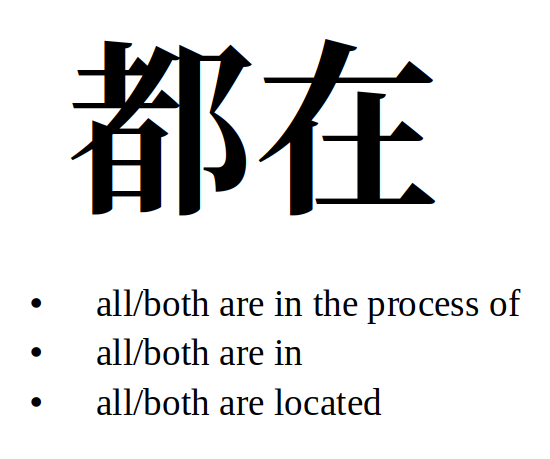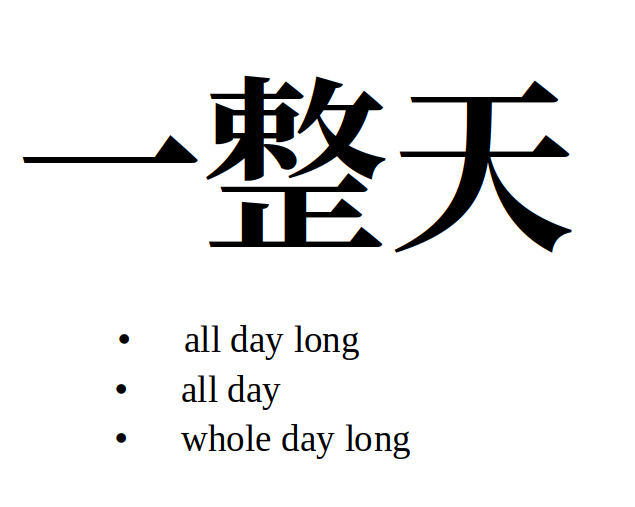What is a Chinese Jin?
In mainland China, a Jin is 500 grams, or half a kilogram (1.1lbs) of weight. A is also known as a , or “market jin”, where means “market”. Note that a or “common jin” is 1 kilogram (2.2lbs), where means “common”. It is worth noting that Jin is used in other parts of Asia, with […]
What is a Chinese Jin? Read More »



